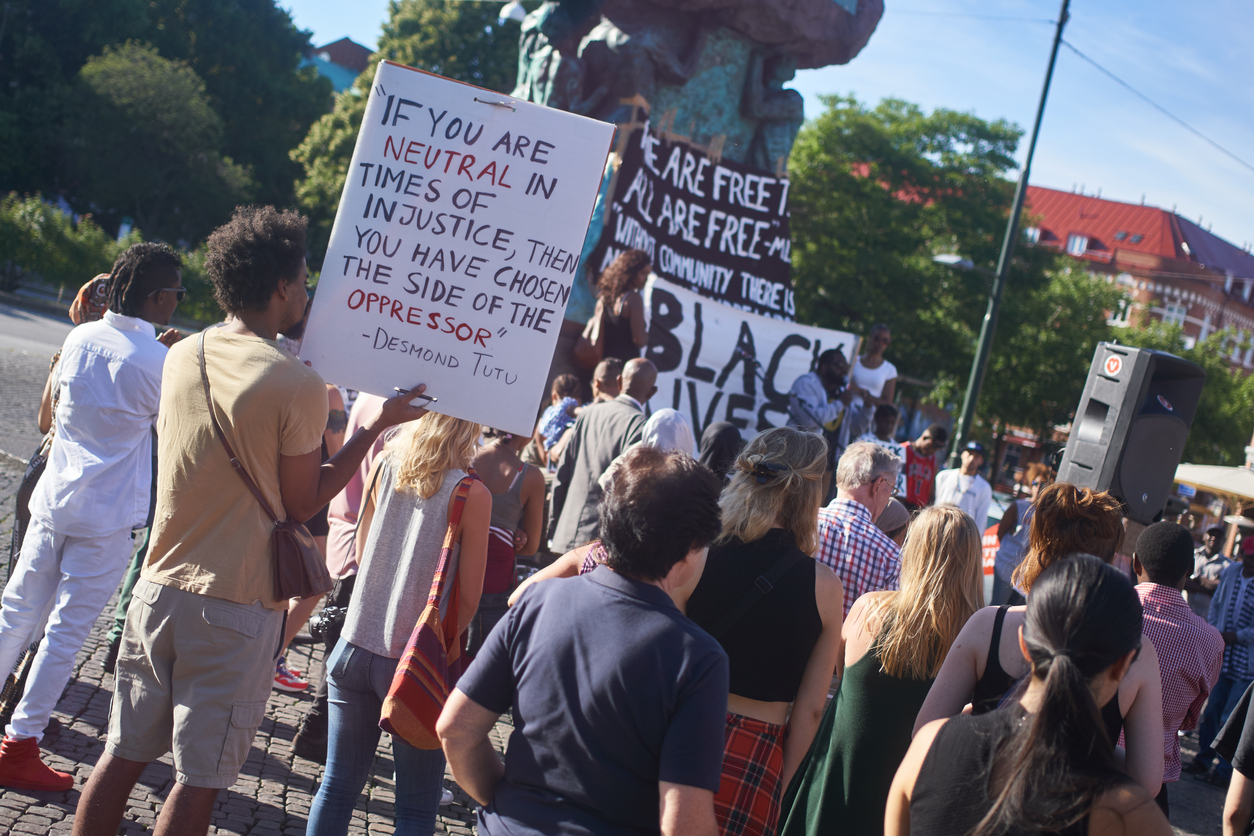Racism has a negative effect on health
UNSW Dean of Medicine Scientia Professor Vlado Perkovic urges the Faculty community to act at all levels to include and support people regardless of background or race.
UNSW Dean of Medicine Scientia Professor Vlado Perkovic urges the Faculty community to act at all levels to include and support people regardless of background or race.

All of us are horrified by the current unrest in the US, and especially by the terrible death of George Floyd. We watch the news reports, and I expect most of us offer thanks that we are not in the middle of that bedlam. We are not America. But the underlying inequities that are so intolerable in the US, and have made the lives of so many Americans so difficult and sometimes so short, also exist here. Like many people, I find myself wondering if we have contributed to similar problems here, and if there is anything we can do to address the situation.
And the answer is that we have, and we can.
In Australia, since the 1991 Royal Commission into Aboriginal Deaths in Custody, a further 432 Aboriginal and Torres Strait Islander people have died while in custody, many of whom were there for trivial reasons. At an everyday level, Aboriginal and Torres Strait Islander people in Australia routinely suffer discrimination, marginalisation and racism on a daily basis. And other people from diverse backgrounds similarly suffer ongoing and frequent racist comments, judgements, actions and occasionally attacks.
Racism has a direct, terrible effect on health. We cannot fulfil our mission of improving health without addressing the scourge of racism.
It is each of our responsibility to fix this problem. We can’t wait for others to do it. Nor can we ignore it until our society explodes in the way it has in the US.
So what can we do? Our whole system of government and health care is built in a way that privileges the dominant population, so the problem requires a systemic approach.
We need to look at our systems, our structures and our leadership, as well as the way we make decisions.
Simple things, like working hard to be aware of our comments, jokes, actions and inactions, also make a big difference. But also speaking out on behalf of others. Calling out unacceptable behaviour. And actively and directly supporting people who have had to live with racism their whole lives and working to change the system to ensure equity for all.
At UNSW Medicine, we will act. We will not be silent, providing implicit approval. Every one of us can help fix this problem, and must do so, to improve the health and lives of so many people, and of our community. We will address this in our teaching, our research and in our governance.
I look forward to working with you all as we move along this pathway to a better, more equitable future for everyone.
If you wish to educate yourself on matters of race in Australia please avail yourself of the following resources: IndigenousX